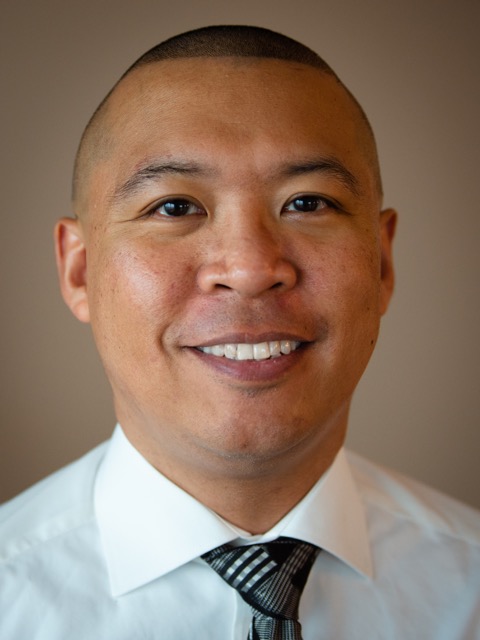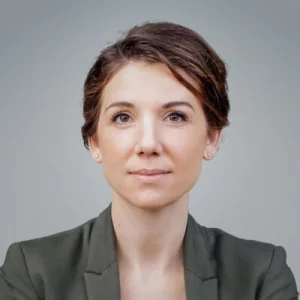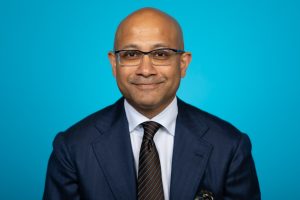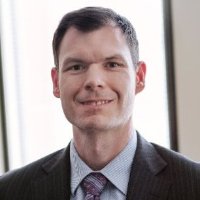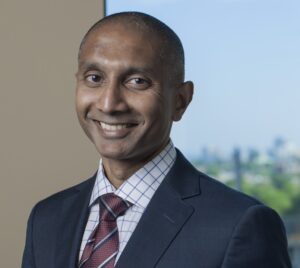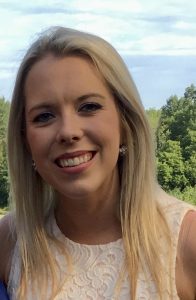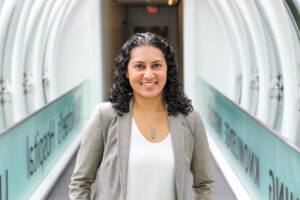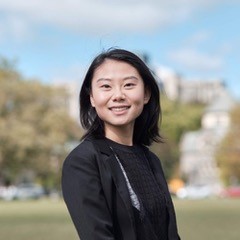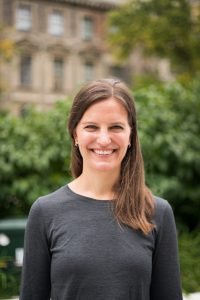“If you are looking for a comprehensive QI education delivered by global thought leaders then this is the program for you!”
~ Dr. Alan Gob
Dr. Alan Gob is the Clinical Lead at the Centre for Quality, Innovation and Safety (CQUINS) at the Schulich School of Medicine and Dentistry at the University of Western Ontario, an Associate Professor at the Schulich School of Medicine and Dentistry, and a faculty member in the MSc QIPS program at IHPME. He also works as a hematologist and general internist at London Health Science Centre.
Dr. Gob is a proud member of the inaugural MSc QIPS class. We recently sat down with him to discuss what he’s working on in the field of quality improvement (QI) and his time at IHPME.
What brought you to IHPME?
“Word of mouth through physician friends and colleagues about the new program being launched at IHPME brought me to the MSc QIPS and IHPME. I had already decided that QI and patient safety resonated with me and was curious about where these could take me professionally. At the time QI really wasn’t established as a career path for physicians.
I was attracted by the world class faculty and was excited to be taught by thought leaders in QI and patient safety.”
Please share some of the highlights of studying at IHPME.
“What stood out to me while studying at IHPME was how our world-class faculty took the time and ensured that there was student-to-faculty learning as well as encouraging peer-to-peer learning. In fact, the diversity of our faculty and students meant that we learned almost as much from each other. And reviewing each other’s challenges and pitfalls was also really rewarding.
I really appreciate that the program facilitates that connection among students, and 10 years on I’m still in touch with some classmates. In fact, I’d like to get in touch with more.
I’m still impressed with the breadth of instructors and students who come together in the program including academia, industry, and community organizations, and how they emphasize cross-disciplinary learning.”
Did studying at IHPME prepare you for the next steps in your career?
“Absolutely. I’m interested in developing QI programs and at the end of the MSc I took an elective in the program around teaching QI. Possibly more important than that was learning how to learn. Prior to the program I was not prepared to design and implement a curriculum in QI but by the time I had finished my Master’s, I knew not to be put off by failure, to work on making incremental changes, and to reflect on each change – specifically, how to use PDSA cycles in the education process.
I started producing free QI content and uploaded it to my YouTube channel after the program. This was at the intersection of my hobbies and work interests, combining photography, technology and learning, specifically online learning. I thought it would be a fun way to share what I learned with a broader audience – even those who may not know anything about QI.
Despite returning to London and being far from most of the alumni, I was well prepared from a methods perspective to get down to QI work. Built into the assignments from the MSc were tasks that required me to develop relationships with my local QI, safety, and risk community. When I finished the program, those relationships remained in place, and I continue to work with them now. I did feel a little awkward at the time being one of the most junior faculty in the room, but I was often the most versed in QI. As soon as people find out you are doing the MSc in QIPS they start coming to you for advice.
Back in London after I graduated, I realized how fragmented the practice of QI was and how infrequently the QI folks got together. It meant that we hadn’t had much opportunity to really consider what QI could be at the institution. Building on the relationships that had started over a decade ago now, we are getting closer to where we would like to be. In February 2020 the Centre for Quality, Innovation and Safety was officially ratified. Our department chair, Dr. James Calvin, had negotiated for funding for a centre in partnership with LHSC and St. Joseph’s hospital with UWO. I think preliminary discussions had started in 2018 and it took until 2020 to have the proposal accepted. Very early on another alumna of the MSc QIPS program, Dr. Erin Spicer, became involved and then Dr. Andrew Appleton our colleague at LHSC (and grad of the MHSc program at IHPME) joined us. We started as a very small but mighty and determined group. Once we knew the centre could become a reality, we developed a coalition of interested people and began to envision what our centre could look like and how it could contribute to the QIPS culture in London.
It feels like we are filling a gap. We provide a place where anyone with an interest in QI, PS and innovation can come together, share ideas, and learn. It is evolving into a community of practice, and we are happy with that. Right now, we are working to ensure our sustainability into the future. We are thinking about how best to support smaller centres with our knowledge and experience – from small community hospitals to health centres and community health teams. Finally, here in London we are thinking about how to continue to spread the QI and PS culture beyond those members and departments that are already embedded in the work of the centre.”
Honourable Mentions
Additional IHPME QIPS alumni involved in the centre include:
- Dr. Ali Bateman
- Joseph Carson
- Dr. Karen Geukers
- Dr. Ryan Katchky
- Dr. Shiraz Malik
- Andrea McInerney
- Dr. Brad Moffat
- Dr. Terry Zweip
